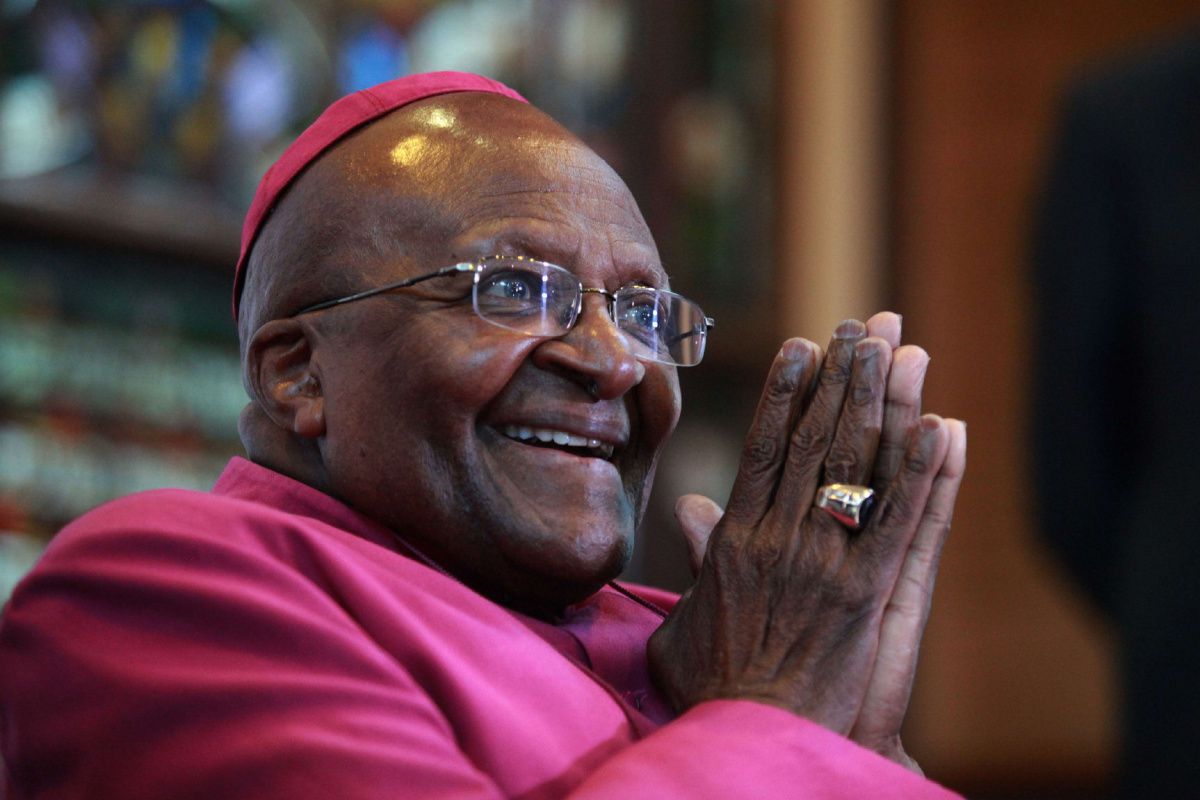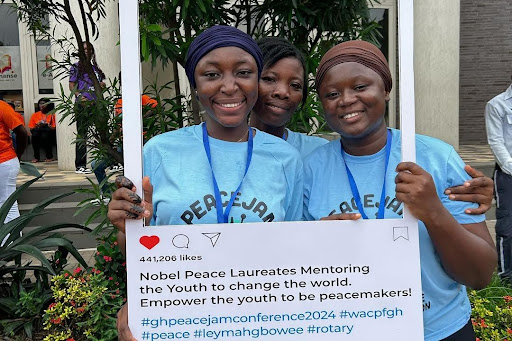How Marginalized Youth in Lubumbashi Are Launching Green Enterprises

Lubumbashi offers little to those waiting and less to those without connections. Marginalized youth across Kalebuka and Kasungami face a daily standstill. With high unemployment and scarce training, most await a future that seldom arrives. But quietly and without ceremony, a shift has begun. Young Congolese are turning climate challenges into green enterprises in workshops built from concrete and willpower. It is not a development grant story. This story is about rebuilding futures using compost, recycled tin, and grit.
What is unfolding is part training, part transformation. Through Congo Environnement et Nature's year-long program, young adults between the ages of 18 and 35 become climate-literate, enterprise-minded, and locally grounded. They are not waiting for jobs. They are launching solutions.
Here, you'll know how green entrepreneurship grows in places few expect.
A City of Red Dust and Quiet Resolve
Lubumbashi does not pretend. Its streets breathe industry. This Congolese city moves with purpose from the clang of copper smelters to the chatter of open-air markets. But not everyone is moving forward. Life often pauses for the young on the fringes of Kalebuka and Kasungami. Opportunities are thin, and futures can fade before they begin.
Unemployment among youth in the Democratic Republic of the Congo touches a staggering 35%, according to World Bank figures. Those who finish school walk intojobs. Those who drop out have even fewer opportunities. The city, rich in minerals, remains poor in options. But where policy falters, people sometimes build from the ground up.
Enter Congo Environnement et Nature, a local group that saw both the problem and its potential. They designed something simple yet quietly revolutionary, a 12-month leadership program aimed not at training workers but at building founders.
Not businesses in the traditional sense but green enterprises rooted in survival, sustainability, and self-respect.
Green Thinking in Dusty Corridors
The initiative begins with education, though not the classroom kind. The model opens with environmental literacy, showing how deforestation chokes farmland, how waste poisons groundwater, and how climate change affects every corner of rural and urban life. But they do not stop with facts and graphs. They ask the young to connect those forces with daily survival.
From there, the training becomes practical. Solar panel assembly. Waste management systems. Organic composting. Participants learn that climate problems can also be business opportunities. It is not written about in glossy brochures, but it is found in everyday needs, such as cleaner cooking stoves, irrigation tools, and recycled bricks.
Solutions were born not from theory but from watching their mothers cook on their father's farm and their neighbors improvise with broken systems. It is not abstract innovation. It is a grounded invention. Some trainees start a cooperative to turn market waste into biofertilizers.
Others draft plans for micro solar installations that power sewing machines. Trainers show them how to write a budget, lead a meeting, and speak confidently when someone with a title enters the room.
Building More Than a Business
At the core of the program is dignity. These young men and women aged 18 to 35 do not enter confidently. They arrive quietly, often unsure of their place. Many have tried job programs before and left with nothing but a new certificate. But this time, something shifts. It begins when they are asked not, "What job do you want?" but "What solution can you build?"
Coaching sessions replace lectures. Peer reviews replace exams. Leadership is not a module; it is a method. Participants are expected to run their projects, argue their proposals, fix what fails, and return with something better. The program encourages mistakes and treats them as part of the process.
Community engagement is not an afterthought. Each team must present its pilot idea at a community forum. Questions are sharp. Elders do not hold back.
But this is where the real lesson lands. Business is not just about money; it's about trust, relevance, and delivering something that matters.
A Model Worth Repeating
What makes this project worth watching is not the novelty but the discipline. CEN does not hand out cash. They provide coaching, space, tools, and structure. Participants must attend, complete the work, submit reports, and present their progress. There are no shortcuts. Each enterprise begins with a scratch budget, a community need, and hours of hands-on trial and error.
The program includes visits from green entrepreneurs across the country. They speak not of easy wins but lean months, customer negotiations, and supply chain improvisations. It is a grounding influence. It tells the youth in Lubumbashi that this is possible but not romantic.
By the time the final month arrives, more than training has occurred. These 20 young people no longer describe themselves as job seekers.
Now, they speak as changemakers, collaborators, and business owners. The labels fit because the work is real.
From Margins to Makers
When youth take part in building their city, the margins shift. Lubumbashi still hums with problems. Electricity cuts out without warning. Roads break down faster than crews can repair them. Yet youth now plant green projects where no plans existed. And where silence lingered, young voices are now pitching, selling, and teaching.
What started as a leadership initiative has become a quiet movement. Other neighborhoods are asking to join. Local officials, once sceptical, now ask for updates. It is not because the program is perfect, but because it works in places where other interventions have failed.
It also works because it sees young people not as liabilities to manage but as local experts familiar with their community's rhythms, resources, and routines.
Given tools, trust, and time, they build instead of waiting to be employed. It starts to build.
Project Sustainability
This story in Lubumbashi is no exception. It is a clue. Green entrepreneurship is not a Western export. People facing survival challenges build green enterprises without destroying the little they have. In Kalebuka and Kasungami, youth do not plant trees to feel good. They are launching enterprises because there are no other ladders. That is the essence of real sustainability.
If one project in one city can shift 20 lives, imagine what 200 such projects could do. Or 2000. And perhaps that is where the hope lives, not in lofty pledges but in daily local acts.
Young people begin not with much but with enough to build.
Join the Act of Youth Green Entrepreneurs Building Climate Solutions
This act by Congo Environnement et Nature trains 20 unemployed youth in Lubumbashi to become green entrepreneurs. For 12 months, they develop climate skills, start small businesses, and lead change in their communities.
The program turns struggle into action. It tackles poverty and unemployment by building leadership, not dependence. These young green entrepreneurs create jobs from climate solutions. It reclaims unused land, converts waste into compost, and designs income-generating projects that protect natural resources.
It is a blueprint for sustainable progress rooted in local skills and climate resilience. Learn more about this act on Billionacts.org and support peace through climate action and youth entrepreneurship.
Every tree planted, every business launched, and every young leader trained is a step toward a greener and more stable future.



